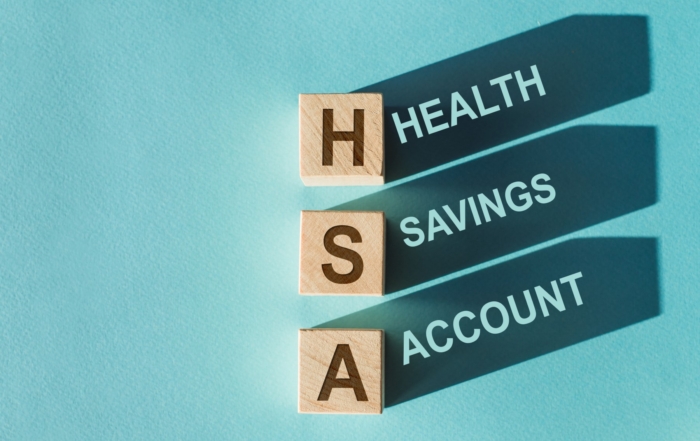On Wednesday, the House of Representatives adopted two health care bills, H.R. 6199 and H.R. 6311, that expand tax-advantaged health care accounts, including Health Savings Accounts (HSAs), Flexible Spending Accounts (FSAs), and Health Reimbursement Arrangements (HRAs).
Previous versions of these bills were reported upon favorably by the House Ways and Means Committee on July 11th followed by the Committee on Rules on July 23rd.
The House-approved versions of these bills would have important implications for HSAs, FSAs, and HRAs. Some notable examples include:
Eligible expenses
- Individuals would now be able to purchase over-the-counter (OTC) medications with an HSA, FSA, or HRA without being required to obtain a prescription for eligibility purposes
- Menstrual care products would become qualified medical expenses that could be purchased with all tax-advantaged health care accounts
- Certain sports and fitness expenses – including gym memberships and the cost to participate in certain physical exercise programs – would be treated as qualified medical expenses up to a limit of $500 a year for an individual and $1,000 a year for a joint return
Contributions
- HSA contribution would be raised to $6,650 for individuals and $13,300 for families – the combined annual limit on out-of-pocket and deductible expenses under an HSA-qualified insurance plan in 2018
- Working seniors participating in Medicare Part A and covered by a qualifying HDHP would now be able to contribute to an HSA
- Individuals would no longer be barred from contributing to an HSA if his/her spouse is enrolled in a medical FSA – a disqualifying scenario currently
- Spouses over the age of 55 would be able to make “catch-up” contributions to the same HSA
Account balances
- At an employer’s discretion, employees with an FSA or HRA that enroll in a qualifying HDHP with an HSA would be permitted to transfer balances from their FSA or HRA to the HSA. Transfers would be capped at $2,650 for individuals and $5,300 for families
- Health FSA balances could be carried over to the following plan year. This rollover could not exceed three times the annual FSA contribution limit
HSAs can have advantages not only for taxation, but also allowing consumers to take control of their health care spending. NARFA offers HSAs as part of our benefit offerings, and is offering even more for 2019.
Please contact us today to learn more about how for almost 90 years, NARFA has helped businesses in the automotive, roads, and fuel industries remain strong and stable.
Recent Posts
IRS Guidance on Nutrition, Wellness, and General Health Expenses
The Internal Revenue Service (IRS) has recently highlighted that costs associated with nutrition, wellness, and general health do not typically qualify as reimbursable medical expenses [...]
HSAs Today and Every Day: A Triple Threat Against Rising Healthcare Costs
The healthcare landscape is constantly evolving, and in 2024, rising costs remain a top concern for both employers and employees. Fortunately, Health Savings Accounts (HSAs) [...]
April Showers Don’t Cause Accidents (Distracted Driving Does): Stay Safe on the Road This Month (and Every Month)
Spring is here, and with it comes April's designation as Distracted Driving Awareness Month. While the changing seasons and blooming flowers might tempt you to [...]




